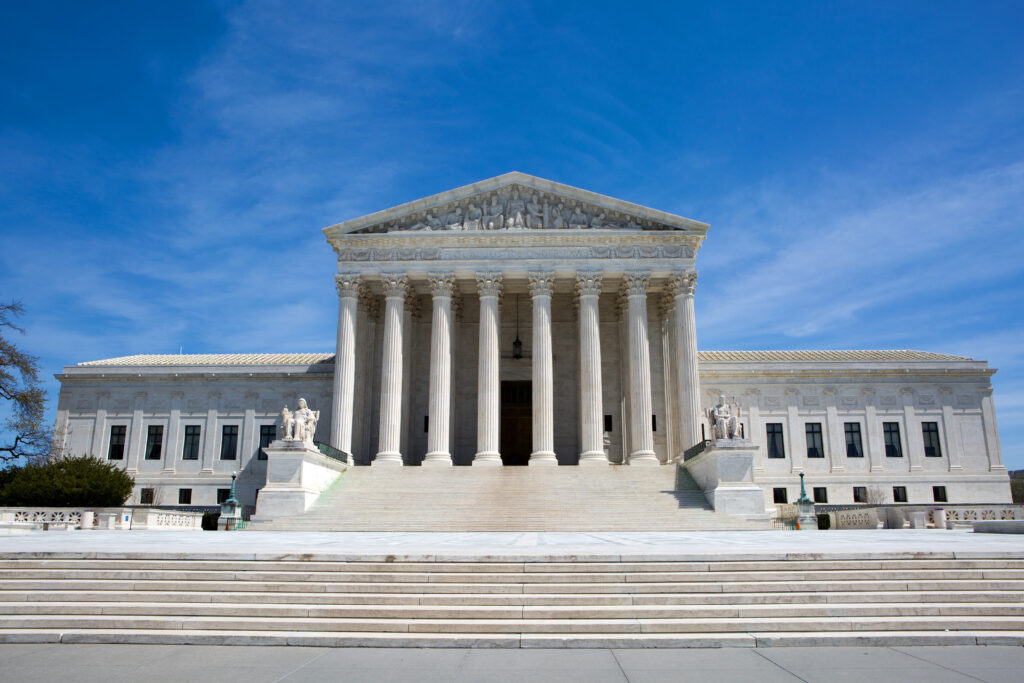
On October 26, 2022, Pierre Leval, Special Master in the case of Delaware v. Arkansas, generally referred to as the “MoneyGram” case, has provided notice that he intends to revise his recommendation to the U.S. Supreme Court (the “Court”). Leval originally provided his recommendation in his 1st Interim Report filed July 23, 2021. In that report, the Special Master recommended that the Court that the MoneyGram Teller Checks and MoneyGram Agent Checks at issue in the case be treated as either “Money Orders” or “similar written instruments” under the Federal Disposition of Abandoned Money Orders and Traveler’s Checks Act (the “Act”). Such classification would mean that they would not be subject to the default common law priority rules that dictate which jurisdiction is entitled to escheat property; namely, the state of the address of record, or if none, the state of incorporation of the holder; but instead would be subject to the priority rules established in the Act, specifically that the state of purchase of the instrument is the state entitled to escheat of the property.
In a letter advising of his changed position, the Special Master indicated that he was swayed by oral arguments and briefs submitted by the parties. He advises that his specific change of opinion is that: “…I now believe, contrary to my earlier recommendation, that MoneyGram Teller’s Checks are not subject to the Federal Disposition of Abandoned Money Orders and Traveler’s Checks Act, while I continue to believe that Agent Checks should escheat pursuant to the directive of the Act.” Likely this distinction will be based on the role of the financial institution in drawing the Teller’s Checks, and alleviate some of the concerns voiced at oral argument regarding inadvertently pulling other bank instruments like Cashier’s Checks into the purview of the Act by adopting too broad of a definition of either Money Order of “similar written instrument” in the Court’s ruling.
The Defendant states are invited to submit written comments to the special master within one week, and Delaware to reply within one week thereafter. A copy of the Special Master’s notice can be found here: https://ww2.ca2.uscourts.gov/specialmaster/docs_145/Order_(10_26_22).pdf

